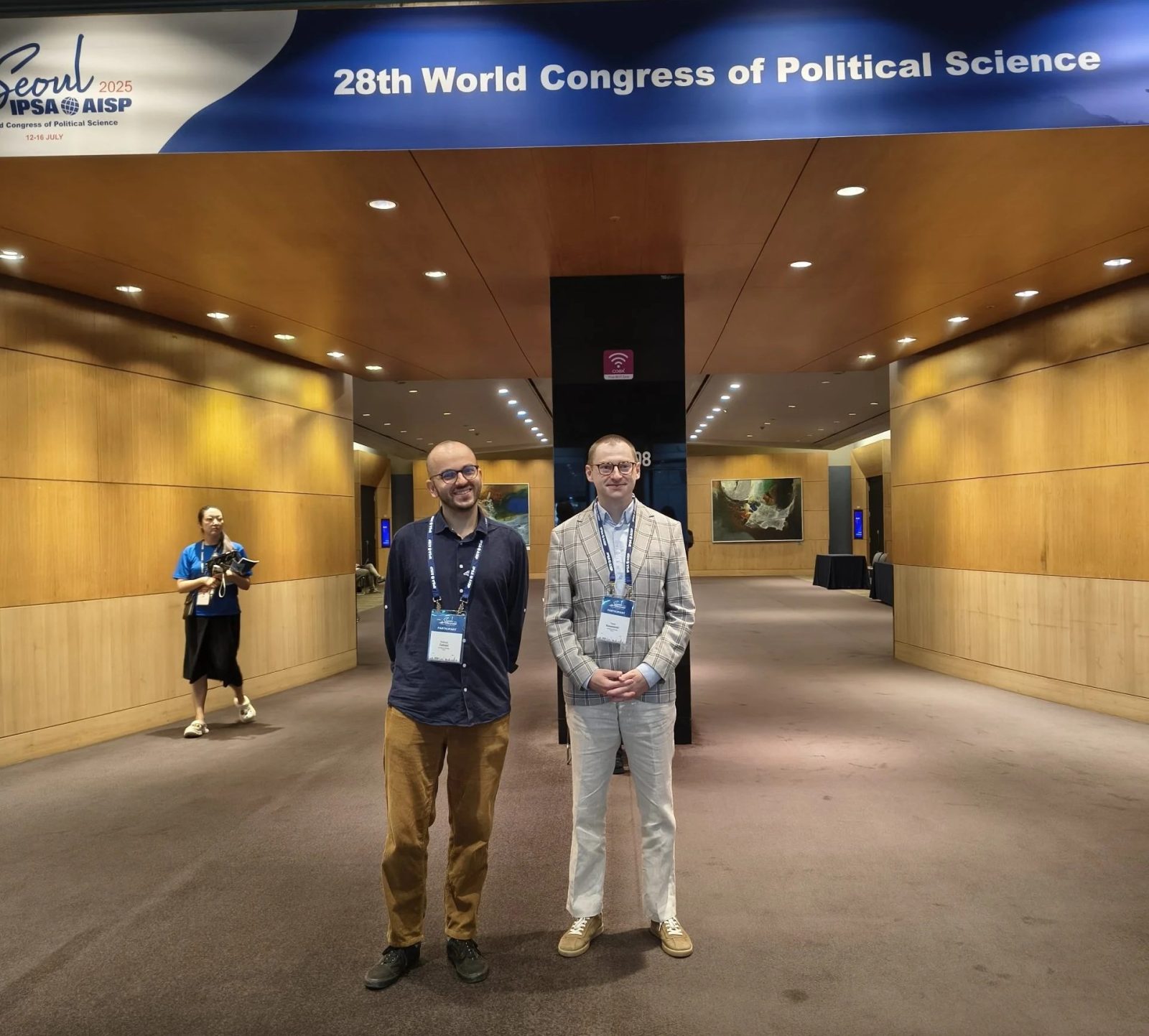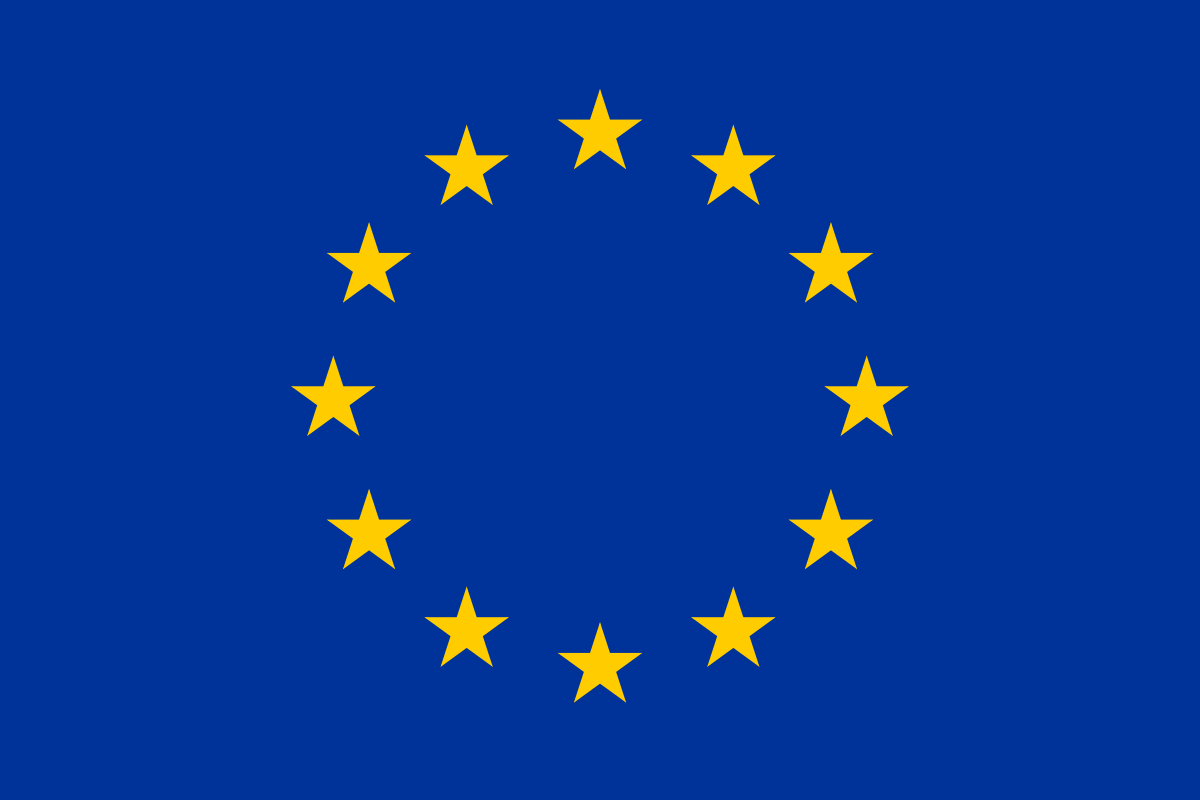
Affective pluralism as a renewal of democracy
Must contemporary democracy be dominated by negative emotions? Are we doomed to ever-growing hostility between political opponents and to enthusiastically supporting “our side” at all costs? Or might it be possible to improve the emotional climate within European democracies while preserving citizens’ identities and, at the same time, respecting the worldview diversity essential for public debate? These and other equally compelling questions are being explored by political theorists dr Paweł Nowakowski and dr Mateusz Zieliński.
For more than a year, researchers from the Institute of Political Science at the University of Wrocław have been taking part in the international ENCODE project, funded under the Horizon Europe programme by the European Commission. The project focuses on the study of emotions in the political context, with the aim of laying the groundwork for improving the emotional climate in European democracies struggling with affective polarisation. Their proposed approach is the original Theory of Affective Pluralisation (TAP), intended to provide a basis for introducing positive changes in political discourse.
Pluralism is the oxygen of democracy, whereas polarisation, especially affective polarisation, can significantly restrict access to it. − We are dealing with affective polarisation when we do not only argue about policies and legislation, but also begin to look upon others with dislike or hostility merely because they sympathise with different political groups than we do − stresses dr Paweł Nowakowski. A sense of belonging to a particular political group becomes an important element of identity, and simply supporting another leader or party is enough to trigger mutual antagonism. This phenomenon weakens the functioning of democracy and, in extreme cases, can lead to distortions of the system, whereby the principle of “the winner takes all” prevails. Affective polarisation also damages citizens’ mental health. Moreover, negative political emotions increasingly spill over into younger generations.
Dominant explanations of this phenomenon are rooted in social identity theory, which emphasises that people build a positive image of their own group by comparing it with others. While this theory accounts for many mechanisms, it does not fully explain the complex interactions of emotions in the political sphere. It also neglects the fact that our identities are multidimensional and often internally contradictory, and that our emotions towards “others” can be shaped not only by intergroup conflicts, but also by discourses and narratives circulating in the public sphere. − These observations prompted us to propose a different theoretical approach, one that may inspire positive change in the political discourse of liberal democracies − says dr Mateusz Zieliński.
The Theory of Affective Pluralisation (TAP) is an original and innovative approach introduced by the researchers. It is not only a critical look at the dominant view of affective polarisation, but also a proposal of pathways for overcoming it. TAP rests on three key elements:
- Polarism – a concept describing the contemporary socio-political order in which affective polarisation becomes a constitutive fact. It is not only a description of relations between citizens, but a holistic picture of society in which deep divisions set the framework for public debate. Polarism runs counter to the idea of pluralism − the diversity of views and lifestyles that is the foundation of liberal democracy.
- Emotional diversity (emodiversity) – a concept drawn from psychology, referring to the richness and balance of emotional states within both the individual and society. The point is not to avoid negative emotions, but to be able to experience the full spectrum of feelings, both positive and negative, in a balanced way. Research suggests that a high level of emotional diversity promotes mental well-being, psychological resilience and better social relations. Within TAP, emotional diversity may serve as an antidote to polarisation, preventing the domination of extreme emotions such as anger or contempt, but also of excessive enthusiasm.
- Affective pluralism – the desired state of the political system, in which society remains open to a variety of emotional states and is able to manage them constructively. It is a kind of “pluralism 2.0” based not only on values and principles, but also on the conscious acknowledgement of affects and emotions in public life. Affective pluralism combines two approaches: the liberal, focused on consensus and individual rights, and the agonistic, emphasising creative rivalry between political opponents. In this way, it recognises natural social tensions, while keeping them within the bounds of democratic debate.

The Theory of Affective Pluralisation outlines a three-stage model of change:
- Problem identification – recognising that we live in a reality of polarism, in which emotions divide society and become a tool of political mobilisation;
- Proposed solution – promoting emotional diversity as a means of strengthening social resilience against extreme emotions and simplistic “us versus them” narratives;
- Expected outcome – the emergence of a system of affective pluralism, in which citizens can not only understand others’ emotions, but also critically reflect on the emotions within their own group, maintaining openness and readiness to cooperate despite differences.
What is distinctive about this approach? − This theory goes beyond the model from political philosophy of the citizen who rejects emotions in search of rational consensus − stresses dr Paweł Nowakowski. His co-author, dr Mateusz Zieliński adds: − Drawing inspiration from the debate between agonistic and liberal political theory, from theories of emotion and from psychology, and combining these different perspectives, TAP neither assumes nor seeks the elimination of the emotional elements of politics. Rather, it highlights the need to acknowledge them, to appreciate them, and to consciously cultivate and experience them as citizens of liberal democracies. In this way, it represents a step forward in normative-theoretical reflection on contemporary democracy, showing that emotions are not merely a private matter, but the very foundation of healthy public life.


Date of publication: 04.09.2025
Added by: EJK



